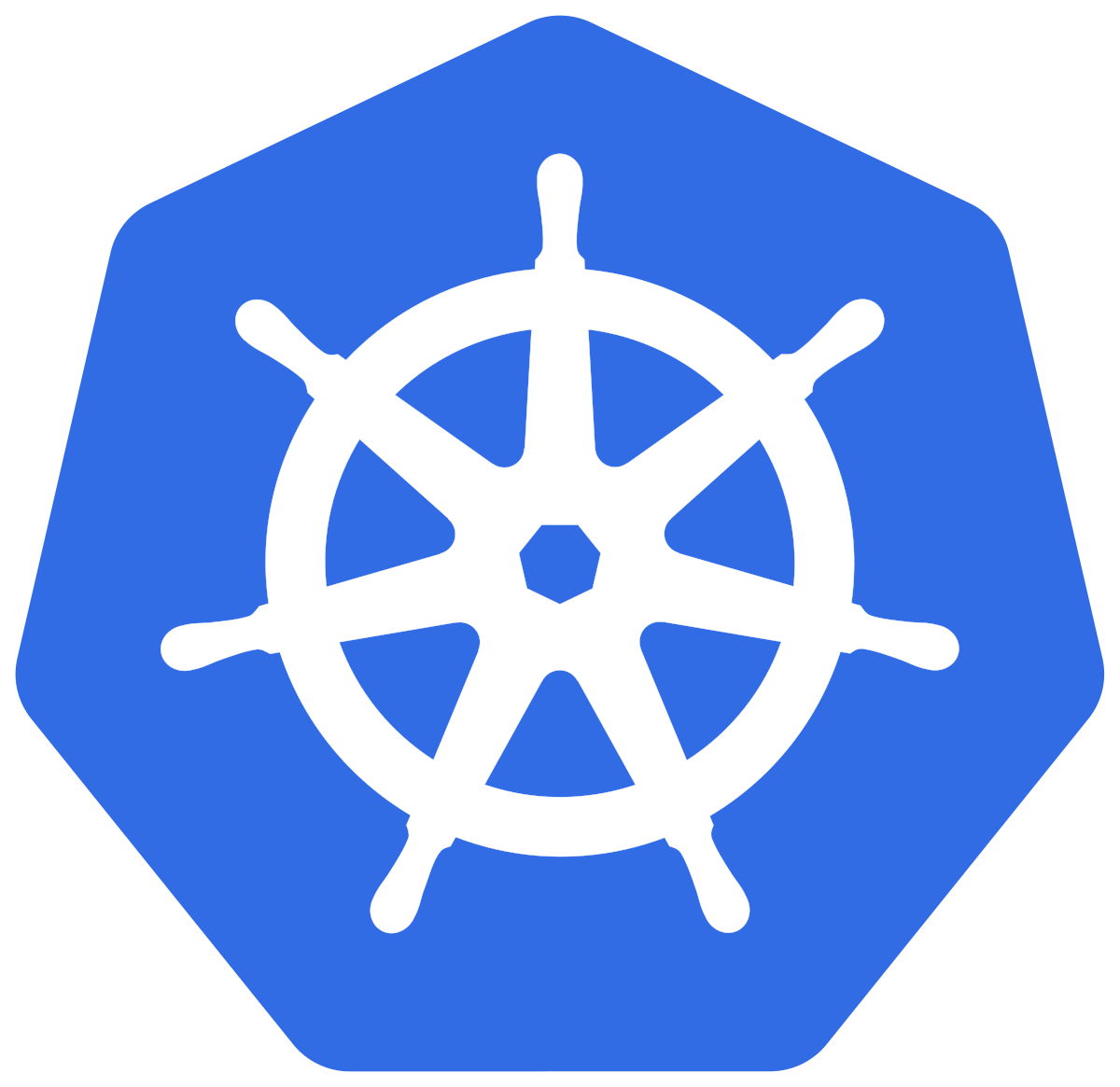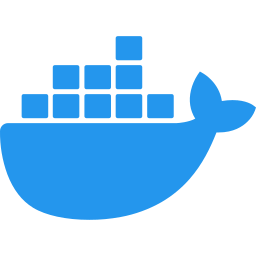Welcome to the DevOps Basics repository! This README provides a comprehensive introduction to various topics related to DevOps, including Kubernetes, Docker, Continuous Integration (CI), Continuous Deployment (CD), and more. Whether you are new to DevOps or looking to expand your knowledge, this repository aims to be a valuable resource for your learning journey. It Contains all my learning related to DevOps tools and tech and will be constantly updating the repo as I learn new stuffs.
- Kubernetes
- Docker
- Introduction to DevOps
- Docker: Containerization Platform
- Kubernetes: Container Orchestration Platform
- Continuous Integration (CI)
- Continuous Deployment (CD)
- Infrastructure as Code (IaC)
- Containerization
- Monitoring and Logging
- Collaboration and Communication
- References
DevOps is a cultural and technical movement that aims to enhance collaboration between software development and IT operations teams. It emphasizes automation, continuous feedback, and continuous delivery to achieve faster and more reliable software development and deployment.
Docker is a leading containerization platform that allows developers to package applications and their dependencies into portable containers. It enables consistent and reliable software delivery across different environments.
Learn more about Docker in the dedicated Docker README.
Kubernetes is an open-source container orchestration platform that automates the deployment, scaling, and management of containerized applications. It provides a powerful and flexible environment for running, coordinating, and scaling applications in a distributed system.
Learn more about Kubernetes in the dedicated Kubernetes README.
Continuous Integration is a software development practice that involves merging code changes into a shared repository frequently. Automated tests and builds are triggered to ensure that new code integrates smoothly with the existing codebase.
Continuous Deployment extends Continuous Integration by automatically deploying code changes to production after successful testing. This approach accelerates the delivery of new features and bug fixes to end-users.
Infrastructure as Code (IaC) treats infrastructure configuration as version-controlled code. It enables developers to define and manage infrastructure using code, leading to improved consistency and reproducibility.
Containerization, exemplified by tools like Docker, allows developers to package applications and their dependencies into isolated containers. Containers provide consistent and isolated runtime environments for applications.
Monitoring and logging are crucial DevOps practices for observing system performance, identifying issues, and gathering insights for continuous improvement.
DevOps emphasizes effective collaboration and communication among team members to foster a culture of shared responsibility and trust.
Here are some additional references to explore and deepen your understanding of DevOps:
- The DevOps Handbook
- Kubernetes Official Documentation
- Docker Documentation
- Jenkins Official Documentation
- Terraform Official Documentation
- Ansible Official Documentation
- GitLab CI/CD Documentation
- CircleCI Documentation

